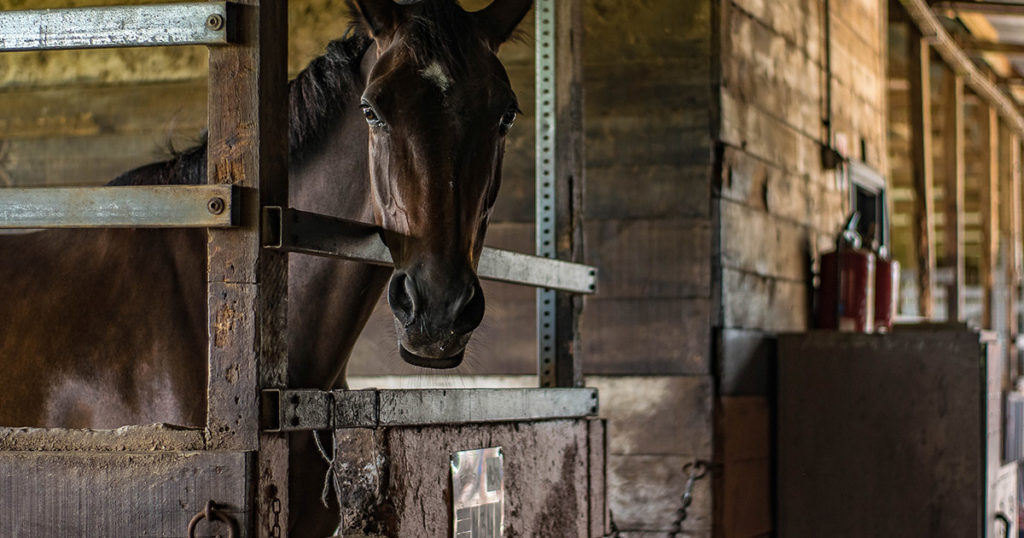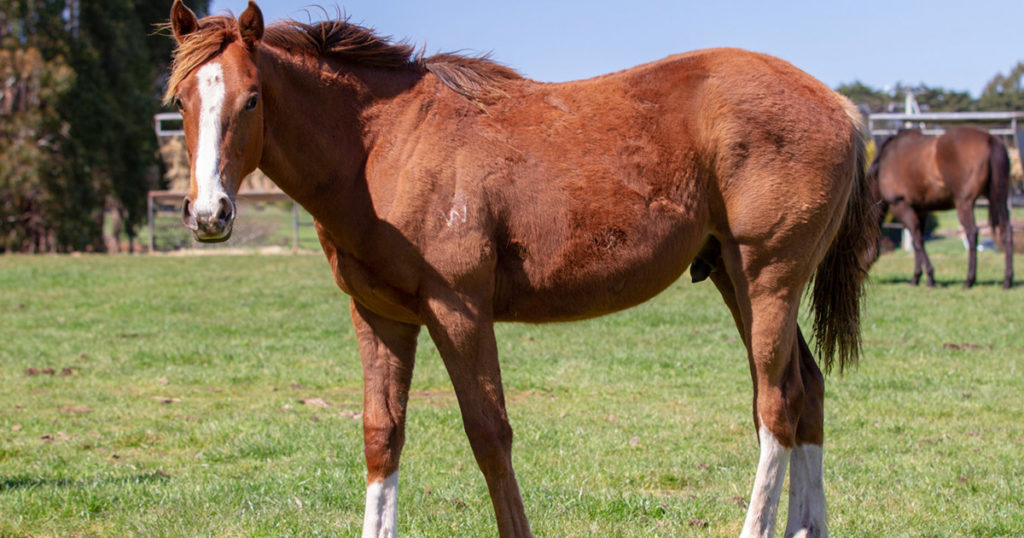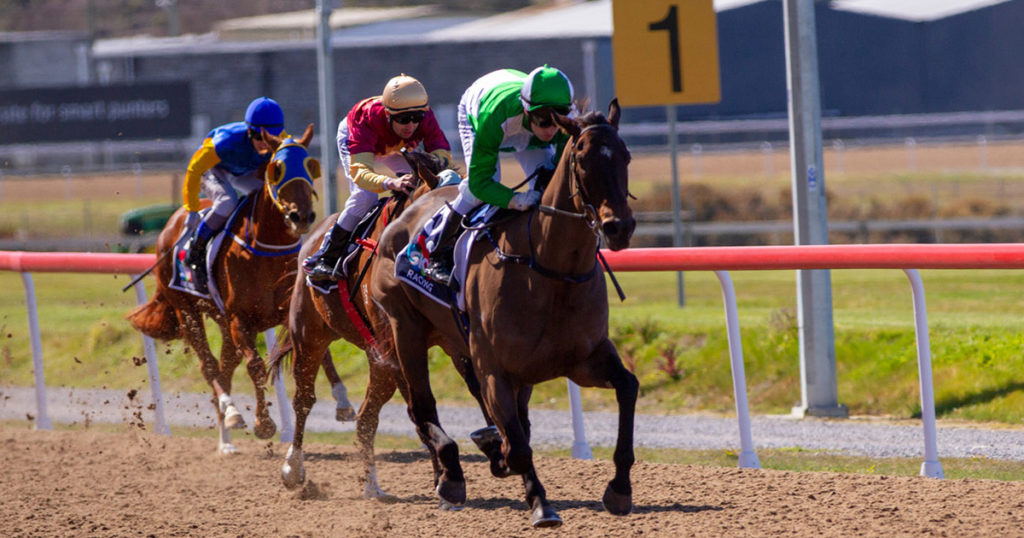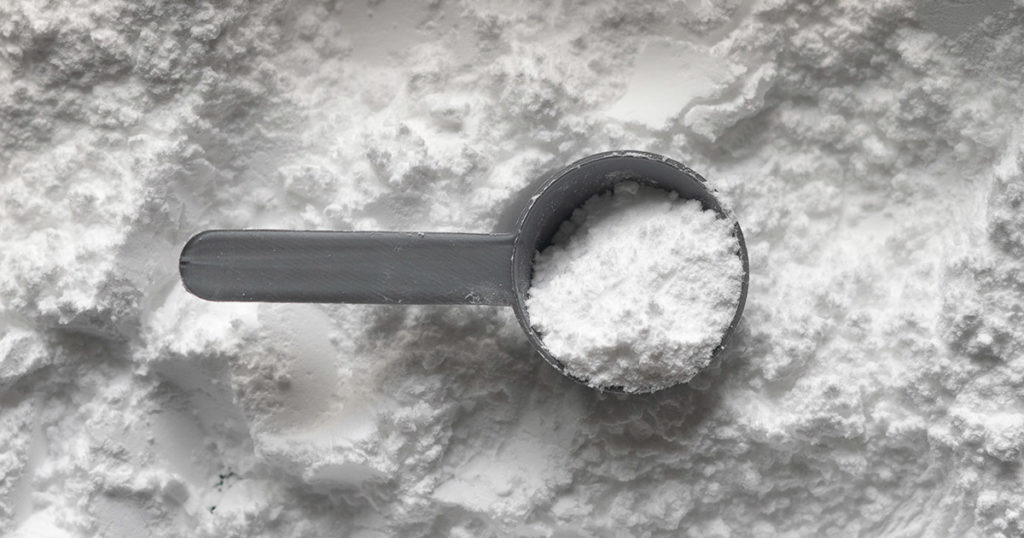Equine Asthma Syndrome is a term which encompasses both Inflammatory Airway Disease (IAD) and Recurrent Airway Obstruction (ROA). Two very common, yet largely preventable conditions in the racehorse (and often sport horse). The likelihood of a horse having Equine Asthma Syndrome increases significantly if they spend the majority of time in stables, with minimal turnout.
Stables are full of tiny particles that can infiltrate and subsequently irritate their respiratory system. Barn air quality is difficult to visually assess: the particles that irritate the airways are generally microscopic in size.
Fortunately, there are many feeding, management and supplemental strategies which can help prevent the narrowing and spasms of the air passages (bronchoconstriction and bronchospasm) and excessive mucus production associated with Equine Asthma Syndrome.
Before or in addition to the use of strategic supplementation, there are three super simple steps any stable can implement to improve the respiratory health of their horses:
- Only muck stalls out when horses are not in the barn
- Avoid the use of blower vacs in barns.
- Only sweep the barn when horses are out.
Doing these things whilst the horses are out (working and/or turned out) and allowing at least half an hour after completing the above tasks before the horses are brought back in will help to reduce the particulates they inhale. The result? Healthier, less irritated airways and horses who are better able to perform.
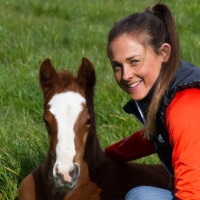
Camilla Whishaw is a highly regarded, experienced horsewoman and naturopath, helping to holistically treat and manage a broad range of equine health conditions and injuries, with a passion for mare and stallion fertility.
As a world-renowned practitioner, presenter, author, and consultant in the field of Equine Naturopathy, Camilla shares her knowledge through keynote presentations, interviews, lectures, panel sessions, and workshop training.

